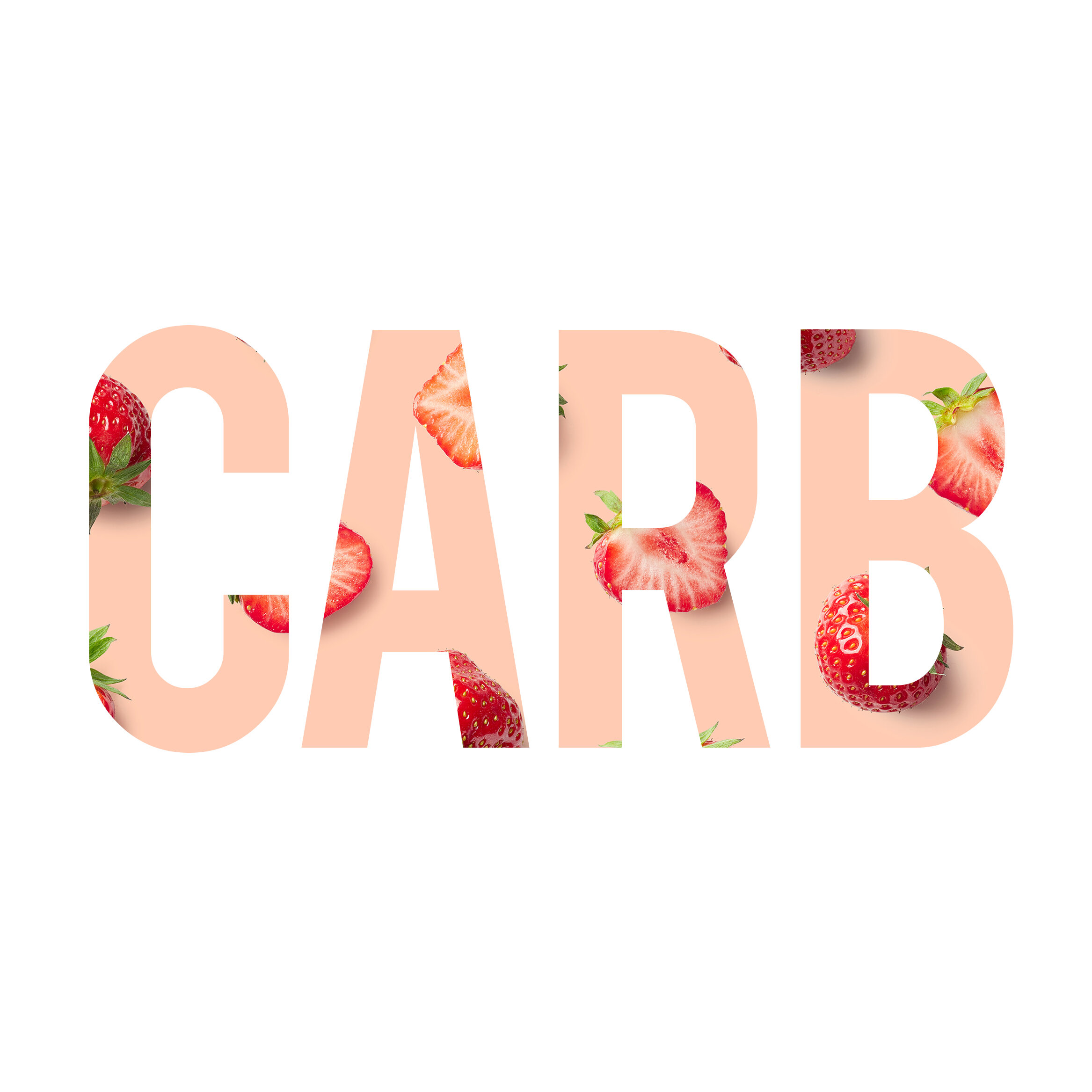
Beyond the Basics
While we’ve covered the basics of good pregnancy nutrition, there are a few other considerations that I want to draw attention to. Part of why it’s so important to work with someone well-versed in pregnancy is because it’s just not one-size-fits-all. For some, adequate protein will be second nature. For others, gut health has never been an issue. One woman will find herself loathing even the sight of vegetables for the entire first trimester, while another might discover she can’t fathom bringing herself to eat almost all the protein sources readily available to her. While the basics of good pregnancy nutrition are fairly straightforward (real food, not too much, not too little), the execution tends to be anything but.

Micronutrients - Beyond the Prenatal
We discussed that the idea of “eating for two” is kind of a pregnancy myth. Growing babies doesn’t take nearly as many calories as you might think, and certainly not enough to justify an extra burger, milkshake, and a side of tacos (or at least not every day...). BUT, when it comes to vitamins and minerals, the idea of “eating for two” isn’t so far-fetched. While your calorie needs really don’t change much, your micronutrient needs change drastically during pregnancy (and postpartum!). While not quite double, thinking of it that way can help you focus on getting adequate amounts to support you and your growing babe.

Macros for Momma
Macros. No, not counting them. We’re talking about what macronutrients are and how your needs might change during pregnancy. Remember, while you might like to think of it as “eating for two”, the reality is that your actual calorie needs increase very little throughout pregnancy, just by about 200-300 calories per day in the 2nd and 3rd trimesters, respectively. And where do calories come from? Macronutrients!

You’re Pregnant! Now What?
In some ways, it’s fitting that you find out you’re pregnant by peeing, likely on your own hand. It’s really just the beginning of many, many years of urine being a huge part of your day. From peeing at each OB appointment, to waking to pee more times than you can count while baby plays kick ball with your bladder, and then, baby arrives and the amount of conversations that will focus around how many wet diapers (and poops) baby has will be astounding. Don’t even get me started on teaching a boy to pee IN the toilet... But, let’s back up. You peed on the stick and... you’re pregnant! Congratulations! Hopefully, you’ve already had your nutrition and health on point and getting off to a great start. If not, all is not lost and if so, now is not the time to stop! Let’s take a look at how best to nourish your pregnancy and the baby you’re growing.

Food First, then Supplements
I get it. It’s appealing to think that you can just take a prenatal or some other supplement and be good to go. Who wouldn’t want to be able to pop a few pills and then focus on basically anything/everything else knowing nutrition was completely taken care of? Yea, me too. And I get so many clients who seem to think that I’m holding out some miracle supplement or silver bullet that will just solve all their problems. Unfortunately, that’s just not the way it works. Believe me, so many days I wish it did! Good news is, Mother Nature is pretty stellar at offering us all we need, if we know how to look (and I can help you with that!). But, sometimes, supplements can help bridge the gaps or offer us a nice safety net, especially in critical times like trying to conceive and pregnancy!

SLEEP. STRESS. SWEAT. FOR YOUR FERTILITY
Beyond diet, we know there are a lot of other things that can affect your fertility. Inflammation is a massive factor and is influenced by diet, stress, sleep, and more. When I work with clients, I take a holistic, functional approach to their health and their plan. This means we don’t look at anything in isolation, but as part of the entire picture. The body doesn’t work in isolation, so why should our approaches to support it? My clients know that their plan is going to include working on more than just the food they eat (or don’t eat), with a huge focus on re-establishing balance through movement, breath, and more. It’s so tempting to think there’s this one, magical change you can make that will be the ticket to success, but the reality is, your body requires so many things to functional optimally, and while it may be able to compensate for some deficits or imbalances, that’s certainly not the ideal way to try to conceive or go into a pregnancy. So, let’s explore some other contributors to imbalance and obstacles to conceiving.

Fueling Fertility
When it comes to conceiving, there are plenty of things you don’t have much control over, but your diet is one element that you not only have control over, but that plays a massive role in improving (or damaging) your chances of conceiving. Remember that old adage, “you are what you eat”? Well, you are what you don’t eat, too. In other words, if you eat processed foods, foods that encourage inflammation, or foods lacking in nutrients, your body is going to have quite a tough time supplying quality eggs and sperm to try to make a baby.

IT TAKES 2 TO TANGO
Infertility. It’s something way too many couples are familiar with. In fact, 8-12% of couples experience infertility. Infertility is defined as not just difficulty with getting pregnant, but staying pregnant. As we’ll discuss in this post, while medical intervention may be necessary at some point, there are a myriad of things you can do to prepare for conception, increase your chances of successfully conceiving, and reduce your risk of infertility. And, even if you ultimately find yourself choosing to pursue more intense medical interventions like IVF, the strategies discussed in this series can improve your chance of a successful outcome!

When to Start & Why (Trying for Baby)
As a teenager, you were probably led to believe that is you have unprotected sex, you WILL get pregnant. The fact is pregnancy can only occur 5, maybe 7 days total, the ENTIRE month. That’s it. And yet, when you’re actually TRYING to get pregnant…

Why Matrescence?
When I began my professional journey into nutrition and wellness, I knew, from the onset, that I wanted to focus on women, specifically on mothers and babies. To me, caring for little ones was an obvious and natural extension of caring for moms. As a mother myself…

Your Period; What's normal and what's not!
Aunt Flo. Time of the month. Code Red. Girl Flu. Your Period. We call it a a lot of different things, often in an effort to be "polite" and not offend. Unfortunately, this desire to ignore or pretend this monthly (hopefully!) bleeding isn't happening also means many women have no idea what a period is supposed to look like.

PCOS - Nutritional Management For Weight Loss, Fertility, AND Health
About 1 in 10, to 1 in 20 women of childbearing age has PCOS (polycystic ovary syndrome). The main symptoms include fertility issues, abnormal menstrual cycle, cysts on the ovaries, insulin resistance, poor blood glucose levels, and obesity or weight gain. You may also experience skewed thyroid levels, acne, excess hair growth, and even male-pattern baldness.
